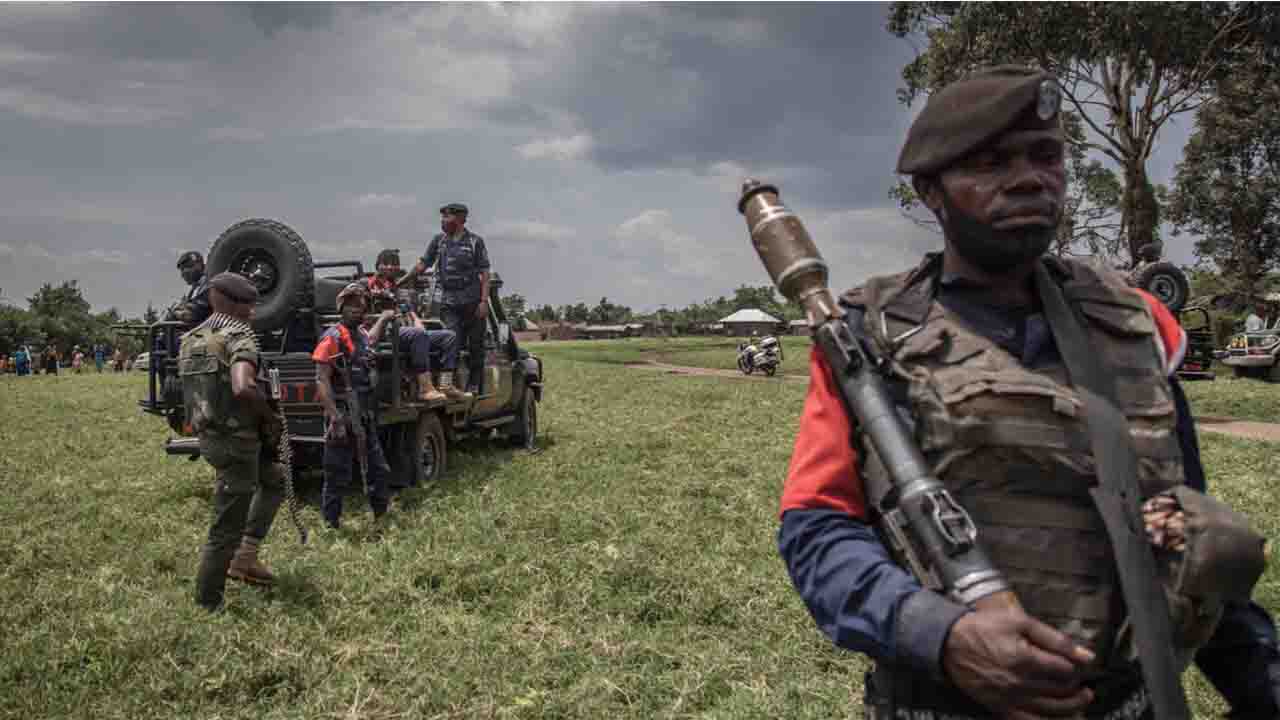Africa (Commonwealth Union) _ Rwandan authorities have rebuffed calls from the United States to withdraw troops and missile systems from eastern Congo, asserting that they are safeguarding Rwandan territory due to what they perceive as a significant military buildup by Congo near the border.
The Rwandan Foreign Ministry issued a statement citing threats to national security posed by the presence of an armed group in Congo, including individuals allegedly involved in the 1994 genocide.
The rebel group, known as FDLR, is reportedly integrated into the Congolese army, according to the statement. While Rwanda has long expressed concerns about the FDLR, it had not previously acknowledged a military presence in eastern Congo. Congolese authorities have accused Rwanda of actively supporting another armed group, M23.
The U.S. State Department recently criticized the escalating violence attributed to M23, labeling it as a “Rwanda-backed” armed group. The U.S. statement called for the withdrawal of Rwandan Defense Force personnel and missile systems from Congo.
Rwanda viewed the U.S. statement as a significant policy shift or a lack of internal coordination, raising doubts about the United States’ credibility as a mediator in Africa’s Great Lakes region, according to the Rwandan Foreign Ministry. Previous reports from U.N. experts have indicated evidence of Rwandan armed forces conducting operations in support of M23 in eastern Congo.
M23’s activities have led to the displacement of hundreds of thousands of people in Congo’s North Kivu province in recent years. Fighting in the vicinity of Goma, the largest city in the region, has intensified as the rebels threatened to seize control of the metropolis. Residents of Sake have been fleeing intense clashes between Congolese government troops and M23 fighters.
M23, comprised mainly of Congolese Tutsis, was initially formed by former members of Congo’s army and has been one of numerous armed groups vying for control of the region’s abundant resources, including gold. The group, named after a peace deal signed on March 23, 2009, accuses the Congolese government of failing to implement the agreement. After a period of dormancy, M23 reemerged in late 2021 and has since expanded its presence in eastern Congo.








